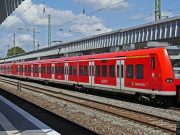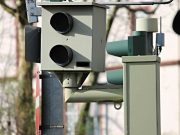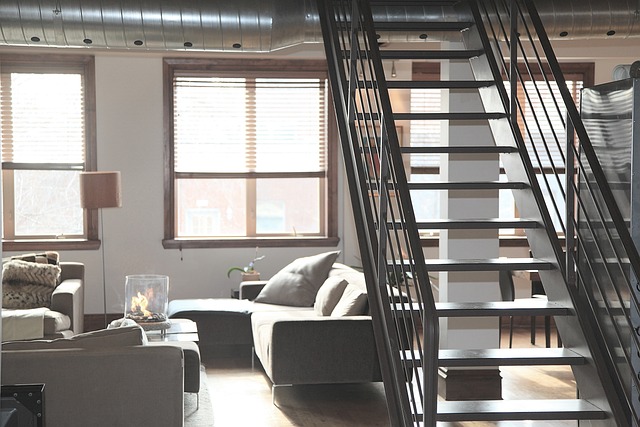1. Mietschuldenfreiheitsbescheinigung: A Must-Have for Renting
If you’re planning to rent an apartment in Germany, one of the first hurdles you’ll encounter is the Mietschuldenfreiheitsbescheinigung. This document, provided by your previous landlord, confirms that you have no outstanding rent payments.
Why It Matters
Landlords in Germany value financial reliability. Without this certificate, you might face difficulty securing a rental. If you’ve just moved to Germany and don’t have a prior landlord here, provide proof of financial stability, such as a bank statement or employment contract.
Pro Tip
Always request this document when moving out of a rental property—it’s easier to get it at that time than years later.
2. Wohnflächenberechnung: Know What You’re Paying For
Rent in Germany is often calculated per square meter of Wohnfläche (living space). But what counts as “living space”?
Key Insights
- Spaces like balconies, sloped ceilings, and storage rooms may be included in the calculation but at reduced rates (e.g., 50% for balconies).
- Ensure the landlord provides a Wohnflächenberechnung to confirm the apartment’s size matches the listed price.
What to Watch Out For
Misleading calculations can inflate rent prices. Double-check these figures, especially for older apartments.
3. Vermieterbescheinigung: The Secret to Registering Your Address
To complete your Anmeldung (registration) at the local Bürgeramt, you’ll need a Vermieterbescheinigung—a confirmation from your landlord that you live at the stated address.
Why This Is Crucial
Without it, you can’t register your address. This document is mandatory for accessing services like opening a bank account, getting health insurance, or even signing up for internet services.
Call to Action
Ask your landlord for the Vermieterbescheinigung as soon as you sign the rental contract to avoid delays.
4. Betriebskostenabrechnung: Breaking Down Utility Costs
In Germany, you’ll pay Nebenkosten (utilities) alongside your rent. These cover heating, water, and other shared expenses. At the end of the year, landlords provide a Betriebskostenabrechnung—a detailed reconciliation of these costs.
What to Look For
- Ensure the charges match your usage and the property’s size.
- Dispute inaccuracies within 30 days of receiving the statement.
5. Kündigungsfristen: Respect the Notice Periods
German rental agreements include strict Kündigungsfristen (notice periods). Typically, tenants must provide three months’ notice to terminate a lease.
Exceptions
If your landlord breaches the contract (e.g., by failing to fix major issues), shorter notice periods may apply. Conversely, breaking your lease early without a valid reason could lead to financial penalties.
Final Tips for Renting in Germany
- Start Early: The rental market is competitive, especially in cities like Berlin or Munich.
- Have Documents Ready: Prepare your Mietschuldenfreiheitsbescheinigung, Schufa score, and proof of income.
- Register ASAP: Complete your Anmeldung within 14 days of moving to avoid fines.
Your Next Steps
Ready to start your rental journey? Check out local online portals like Immobilienscout24 or WG-Gesucht for available properties. For more guidance, visit your local Bürgeramt or consult a relocation expert.














